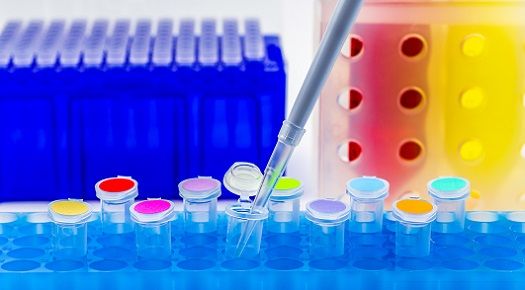Video
Wanda Phipatanakul, MD, MS: The Need for Pollution-Based Health Research
How important is investigation into the effect of pollution on children's health?
I think that's an unmet need. There haven't been a lot of big, successful, preventive pollution studies that we've done. I think it's good use of NIH-funded initiatives — which are our tax dollars — to try and find in a comprehensive, rigorous way, something that works. As a researcher, as a pediatrician, that's a passion of mine. I want to see if there's any way we can modify disease development, and then let the community know if these measures are available.
The challenge is these studies take time, because to prevent something you have to give when the child's at risk and follow them to see for outcomes. So I think, as researchers, if we continue to move the field, we continue to work on treatments that prevent or reduce disease for those that already have disease, these are things we continue to look at. It's taking things from basic science models and into the clinic. My research is mostly translating these findings into clinical research. I'm focused on bringing things that make sense scientifically and testing. That takes funding, that takes support from the NIH, to find these treatments we can't get without them.
Then, it involves centers and networks to get together to help approve these trials and move the field forward. It's really team science now — it's not so much you can have one person looking to find the answers to these things. I think it's great they're now forming groups of network.




